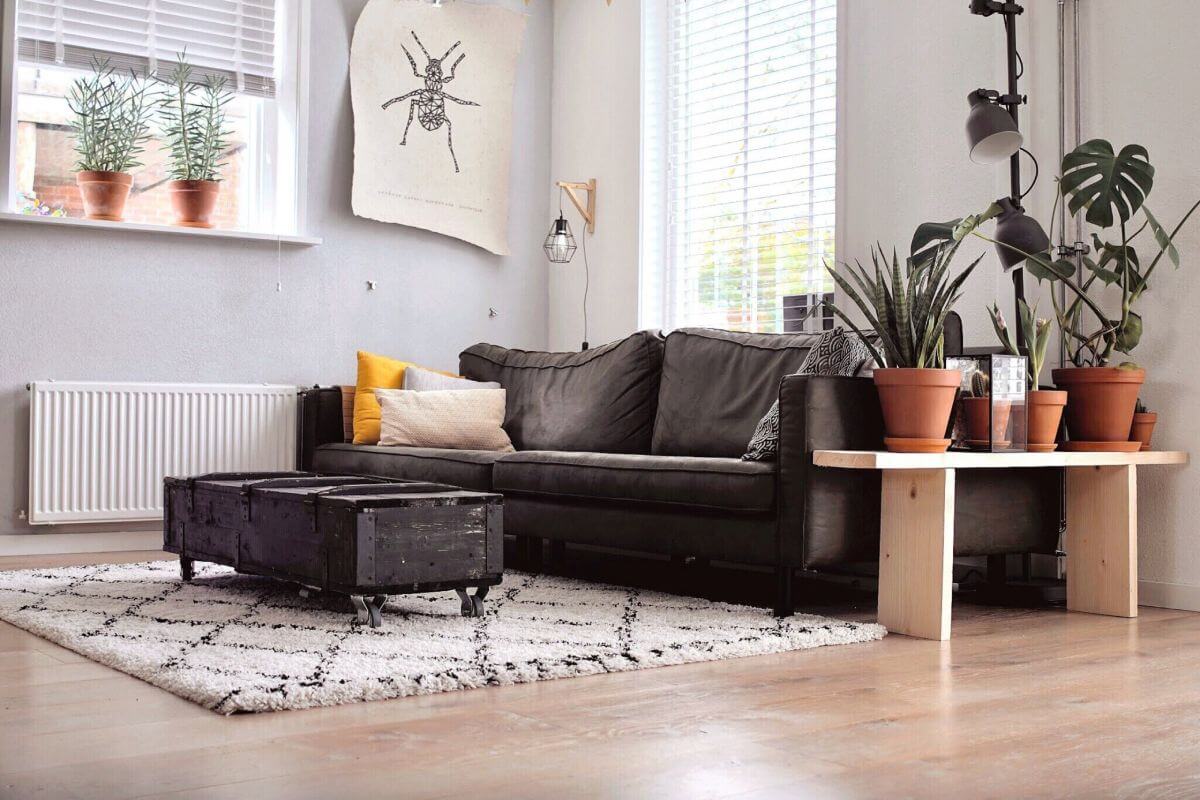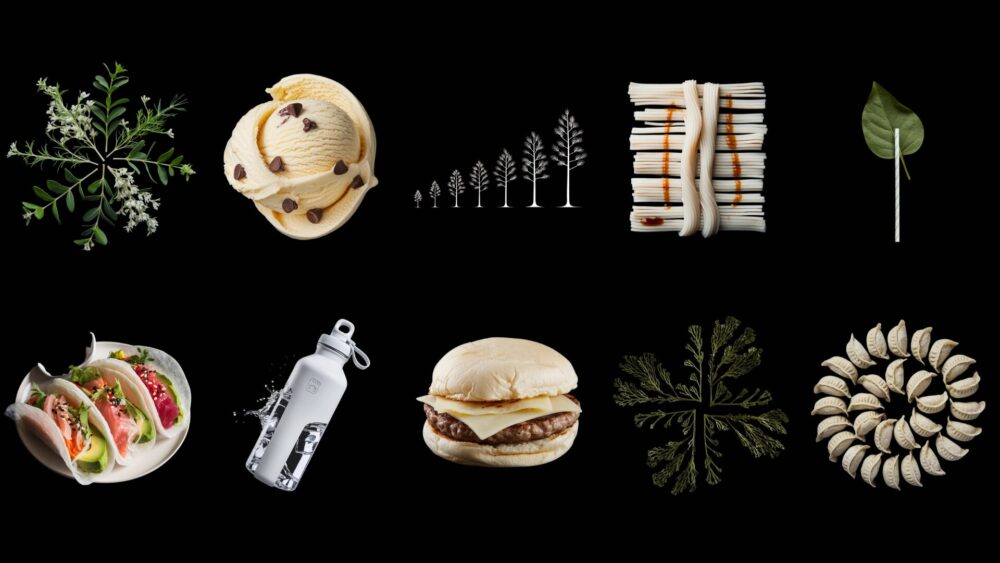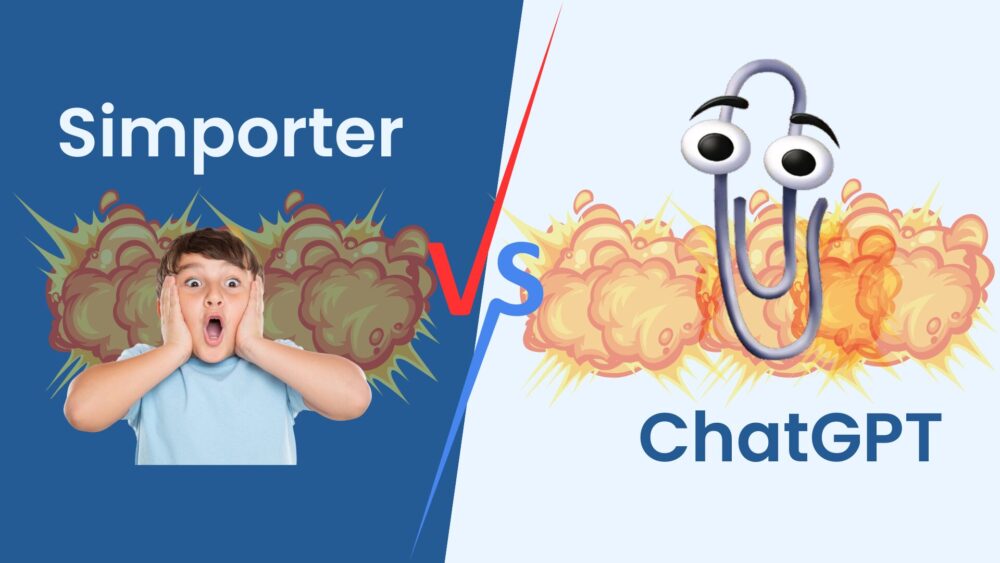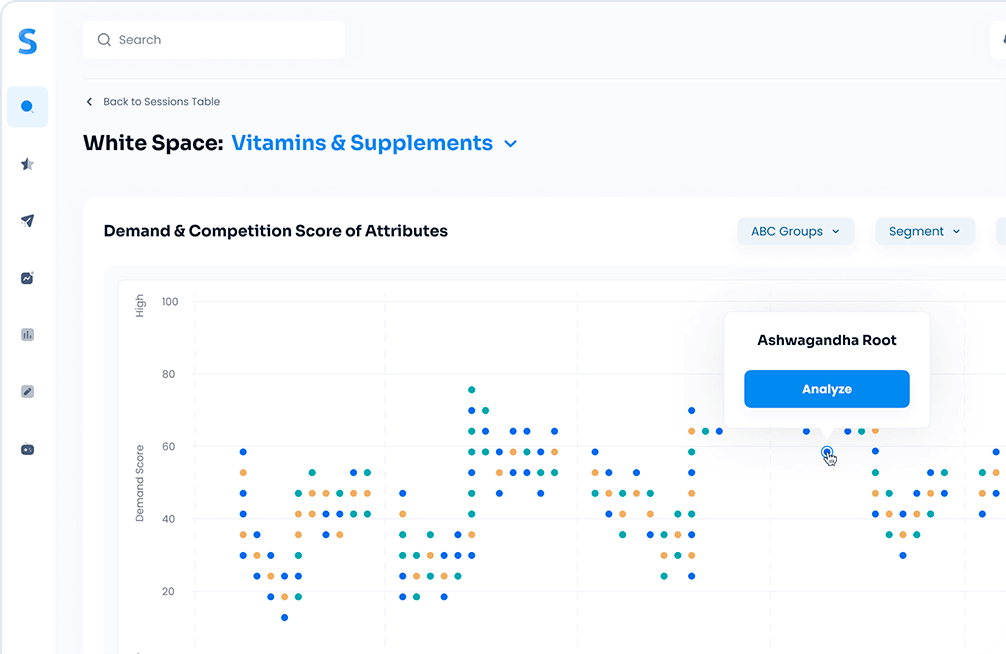Household Care products come in all different shapes and sizes, forms, and delivery methods, so it can be difficult for companies to pinpoint what their target consumers are most interested in. That’s where we come in!
We’ve analyzed 13 household care forms using our White Space AI tool to determine which direction your brand should take your R&D next. You’ll find our predictions for winning and losing forms for 2023 below.
Pastes
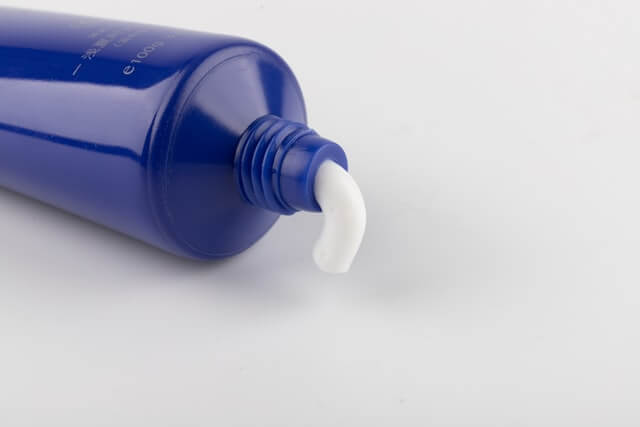
Pastes dominate our predicted winner’s shortlist with a 263.17 percent growth trajectory for 2023. Pastes have been a household staple for decades — it’s one of those forms that just feels like it’ll clean better than others. But, for a form with only a 0.31 percent market share, why such an increase in performance?
Our team attributes much of Paste’s opportunity potential to the power of social media. The Pink Stuff recently went viral after consumers couldn’t get enough of the “miracle” cleaning paste that could clean anything and everything — it has over twenty-thousand satisfied customers to prove it.
Buzzfeed even conducted a test to see if the hype was really worth it. Make sure your brand maintains a pulse on this fluctuating form, especially as consumers refine how they describe their favorite household cleaning products.
Pads
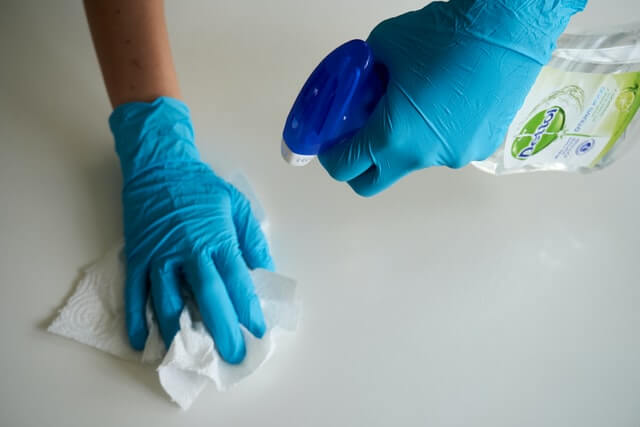
Pads tend to pack a lot of cleaning punch into a little package. Introduced in 2003, the Mr. Clean Magic Eraser took consumers by storm with an innovative way to tackle their toughest messes. However, the popularity has waned over the years, and performance has settled.
Now that consumer preferences have focused on sustainability, cleaning pads provide eco-friendly benefits that single-use household care products simply can’t compete with. Our forecasts note a 33.26 percent growth potential for this industry-standard form (0.83 percent share of voice). Blueland is leaning into this form with their Cleaning Companions Pack, which contains reusable cleaning pads for all kitchen messes.
Tablets
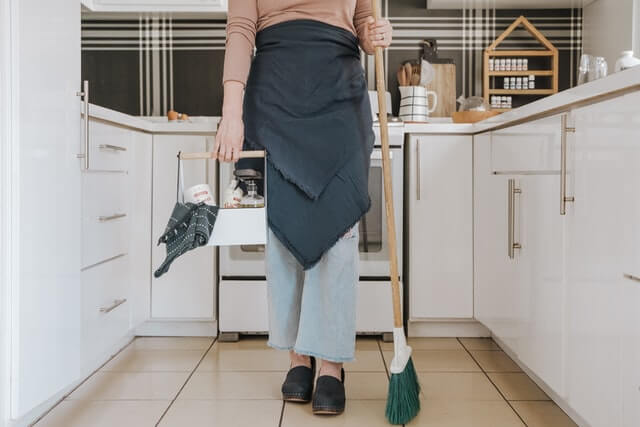
Tablets (0.41 percent share of voice) will rise in 2023 with a 32.18 percent growth potential. Tablets are a game-changing option for consumers seeking to reduce their carbon footprint.
While it can seem these environmentally friendly dehydrated products are popping up everywhere, they will only continue to consume market share. Your brand must focus on the active ingredients that make your products unique and, when possible, ditch the plastic.
Foams
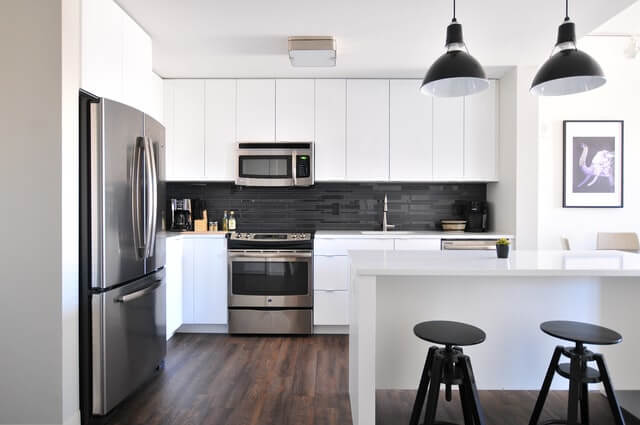
We predict 27.01 percent growth potential for foam-based household care products in 2023. We’re not only excited that this form will be trending next year, we’re even more enthusiastic about its opportunity potential.
Foams hold a reasonably significant 0.53 percent share of voice; they are a unique, high-impact form with a “wow” effect — something not many forms can compete with. So, make sure foams are at the top of your product development roadmap because they’re sure to make an impact on consumer satisfaction and your brand’s bottom line.
Brushes
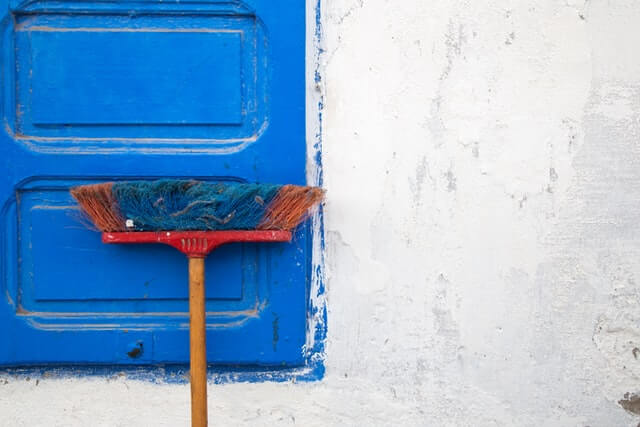
Brushes, which currently hold a 0.16 percent share of voice, are expected to see a 10.00 percent growth rate next year. Brushes are the perfect form to get tough jobs done, like dusting and cleaning up any substances built up on countertops, baseboards, etc.
So, products like this Soft Dusting Brush from Dyson should have a successful year as Brushes continue to gain popularity with consumers. With increased consumer interest, your brand could benefit from adding Brushes to your lineup if you haven’t already done so.
Sprays
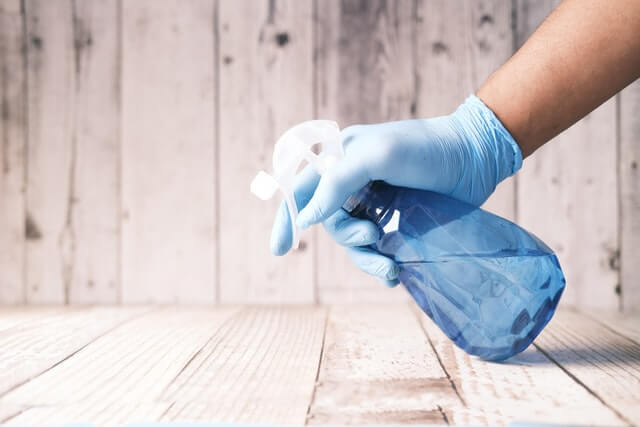
Sprays are about as common as anything in the realm of household care products, so it’s no surprise to see that Sprays will continue to add more share of voice to their existing 0.52 percent piece of the pie. We project a 6.62 percent growth rate for Sprays in 2023, which isn’t anything too incredible, but it shows that Sprays like this all-purpose cleaner from Lysol are here to stay. Consistency is key to gaining market share over an extended period, so if your brand hasn’t jumped on the Sprays bandwagon, you’re missing out on steady revenue generation for your bottom line.
Sponges, Powders, and Liquid Solutions
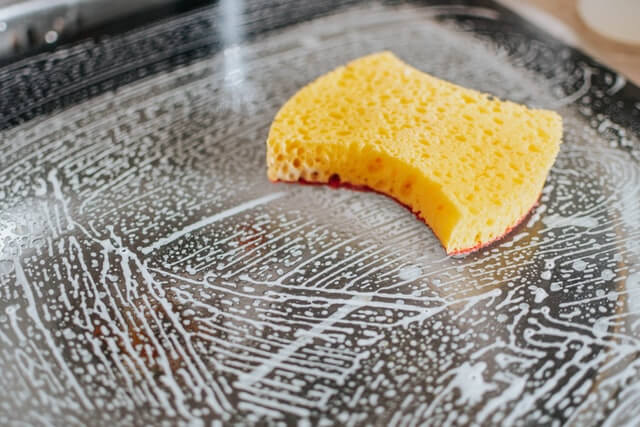
Three forms round out the bottom of our trends list for next year, including the only two forms we predict will experience negative growth throughout the rest of 202. We anticipate Sponges, Powders, and Liquid solutions will experience 6.05 percent, -3.18 percent, and -30.54 percent growth, respectively.
Sponges are similar to Sprays in that they aren’t particularly innovative but tend to be found in just about every household across the world. Sponges will see their 0.65 percent share of voice increase slightly, while Powders and Liquid Solutions will see their popularity decline. Powders will lose some of their existing 0.54 percent share of voice, but not by much, whereas Liquid Solutions (0.06 percent share of voice) are going to decline significantly and lose momentum.
So, what’s the future of Forms?
Industry staples like Pastes, Pads, Tablets, and Sprays will grow in 2023. Foams are a unique and high-impact form with high potential for growth and an opportunity for a more innovative form to top consumer interest. Powders and Liquid solutions have a slightly negative growth outlook, but they’ll continue to compete for market share.
For more insights on household cosmetics trends, check out our recent webinar here. If you’re ready to see Simporter AI in action and learn what it can do for you, request a demo on our website.
